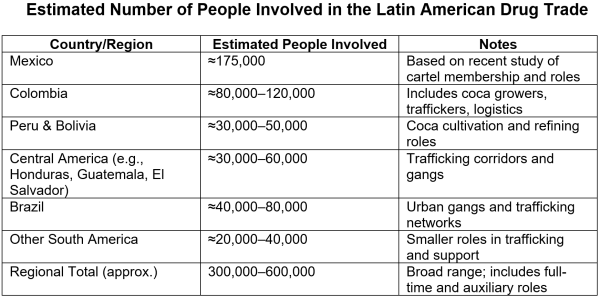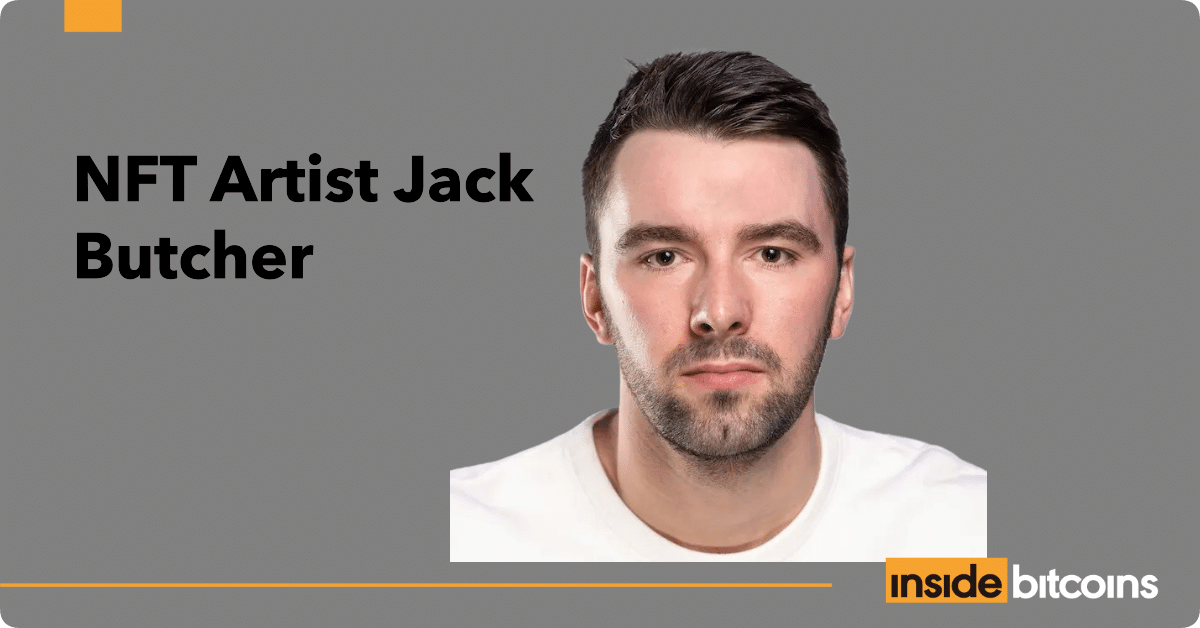If culture means a set of shared rules of conduct (mores) and common exposure to certain ideas (if this second category is not superfluous), then cultures exist in many, or perhaps any, groups of individuals. If culture is nothing else than national culture, one of the two words is superfluous, just like “cultural culture” or “national nation” would be. Culture is often a black box or contains anything and everything associated with the concept of mankind or human: according to Britannica, it “includes language, ideas, beliefs, customs, codes, institutions, tools, techniques, works of art, rituals, and ceremonies, among other elements.”
I am less interested here in the narrow sense of culture as “the humanities,” as opposed to its broad meanings described above. (For the distinction between culture in its narrow and wide sense, see Marc Fumaroli’s 1999 book, L’État culturel. Essai sur une religion moderne [The Cultural State: Essay on a Modern Religion].) In its broad sense, culture is difficult to identify. “You know it when you see it,” suggests Financial Times columnist Stephen Bush. The description of a culture is typically very far from a set of necessary or sufficient conditions for being, say, British or English. Bush writes (“There Is Such a Thing as British Culture,” October 8, 2024):
I’m not going to pretend that this list is exhaustive, but there is a distinct set of British cultural mores, among them understatement, a commitment to scatological humour and an obsession with class, that have a heavy influence on most British cultural output.
I take culture to mean the interindividual influences within a human group characterized by a geographic location, political obedience, or other criteria—“the Catholics,” “the Jews,” “the socialist culture,” “the artistic community,” the 140,000 world members of the Academy of Model Aeronautics, and so on. Some features or results of interindividual influences are what gives the group its distinctive characteristics. Culture influences the individuals, but without the individuals and their interactions, there would be no culture at all. In a sense, each individual is his own culture; extreme eccentrics are not the only case in point. At least in complex, free societies, no two individuals have exactly the same mosaic of “cultural” characteristics; everyone participates in many cultures.
For a moment, the Financial Times columnist seemed to reach for universalist values with an individualist flavor:
Suggesting that understatement, crude humour or an obsession with class are important to sustaining the health of a nation is obviously ridiculous. In terms of community cohesion, national prosperity and the rest, what really matters to the UK is liberalism, religious tolerance, respect for people’s individual choices and their own bodily autonomy. So in a sense, who cares if those values lose their distinctively British accent?
The columnist might have continued by reflecting on the meaning of “the health of a nation” (a naked anthropormophic concept), “community cohesion,” “liberalism,” and “individual choices,” and on whether these concepts are compatible. But his question was purely rhetorical, for what really matters is what the state does to maintain a culture—with the BBC, for example:
And in a globalised economy … small and medium-sized countries like the UK and South Africa are not going to be able to maintain their own distinctive cultures without a degree of public subsidy.
This is what successive governments in France have recognised with their support for French language film and television. All British governments owe a great debt to the forward thinking of the Conservative administration of the 1920s in establishing the BBC licence fee. If you care about preserving a distinctive British or English culture, and not just a generic “this could be any liberal democracy” brand of liberalism, the BBC is the only game in town. …
There is no obvious way to produce or sustain a shared national culture or identity that doesn’t run through the public service broadcasters in general and the BBC in particular.
Is the Financial Times columnist saying that a British (or English?) “culture” requires taxpayer coercion for its financing and government propaganda for its content? Is culture the means to encourage obedience to the edicts of national politicians? Or is it simply a matter of financing the cultural preferences of some at the cost of others?
Interestingly, and apparently unbeknownst to Bush, some related questions were raised in the 1920s when the BBC was created as a broadcasting monopoly, a monopoly that lasted until 1954 for television and 1972 for radio. The BBC is still largely financed by compulsory “annual television licensing fees, which are paid by those who own TV sets or watch live television transmissions on such devices as computers” (Britannica).
Ronald Coase, the 1991 economics Nobel laureate, wrote an interesting book on these issues: British Broadcasting: A Study in Monopoly (New York: Routledge, 2013 1950 for the [original edition]). He explained how the BBC got its broadcasting monopoly stealthily, and that this monopoly became unquestionable for several decades. It was mainly a tool for the government to spread the “culture” of the state or its main clientèles. Coase wrote:
Though the programme policy of the Corporation gave the lower social classes what they ought to have, it gave the educated classes what they wanted.
In 1951, he also wrote in The Owl: A Quarterly Journal of International Thought:
The view that public operation alone is desirable is only likely to be accepted by a Socialist: the widespread support for the present publicly-operated broadcasting system is but another instance of the acceptance of Socialist views not only in the Labour Party but also in the Conservative and Liberal Parties.
The BBC is not as dangerous as when it was a monopoly but, from what I hear, it has continued doing what government intervention does best: strengthening the politically dominant “culture”—that is, the culture preferred by the most politically important constituencies.


























